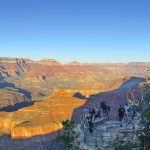
Guest Column: In protecting my home, you protect a way of life
By Lexie James
The Grand Canyon is my home, and I will work tirelessly to protect it.
For Native American people, the land known today as the Grand Canyon will always be a place of deep cultural and spiritual significance; I am proud to call this land my home.
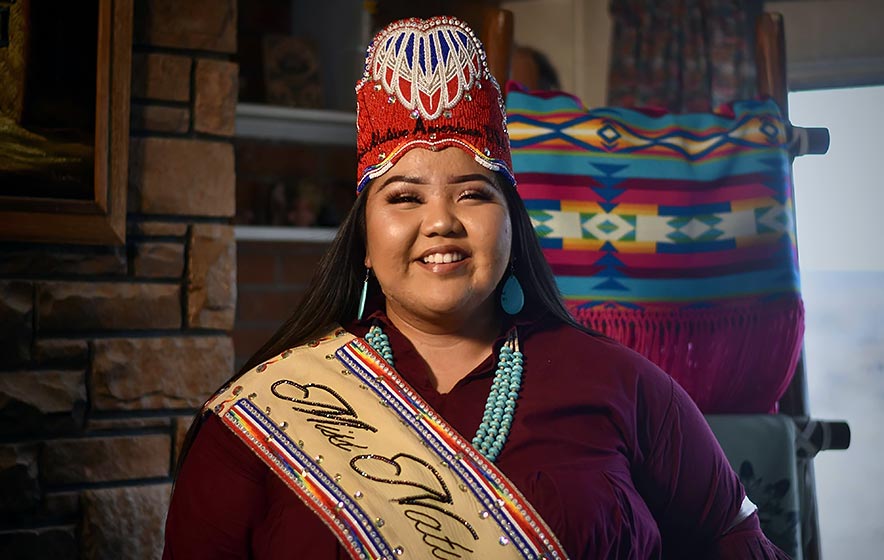
Submitted
Lexie James
This land is home to sacred sites central to our history, culture, and beliefs. Due to the proposed Big Canyon dam and toxic uranium mining, this sacred land, my home, is at risk.
Today, society thinks of home in a colonial sense: the house, or structure, in which you reside.
For Native people, however, home is where our ancestors have been, it is part of our journey, a place that once cared and provided for our people. It is where we can always return. It is where we find safety.
The Grand Canyon holds great cultural significance for the Hopi people. It is the place from which we emerged and the place to which we will ultimately return in the end.
Therefore, we have the understanding that we must care for our home, for the land, and in turn, it will care for us. As the first and true caretakes of the land, our responsibility is to protect the lands and waterways — our home — for future generations. We must protect our home from attack.
Uranium mining in the Grand Canyon region threatens the wildlife, land, water, and our traditional ways. We have seen the impacts of uranium mining in the Upper Colorado River Basin for generations. The toxic legacy continues to pollute the land, water, and air, causing chronic health problems for many of my people.
The mines’ contamination threatens sustainability and the traditional way of living my ancestors fought hard to protect. The pollution from the mines could eradicate much of the plant life that has been used for hundreds of years to make traditional medicine.
Further contamination could easily result in the devastating loss of my people’s culture. Moreover, any dam construction violates our sovereignty and our way of life.
As Native American peoples, we have the sovereign right to maintain and strengthen our cultural and spiritual connection with our traditional lands. Any obstruction to our traditional land needs to be in consultation with Native American communities.
There are 21 sovereign nations in Arizona, and it is the federal government’s responsibility to consult with these tribes when it impacts our home. It is also the responsibility of the federal government to help us protect our home. Therefore, there is an urgent need to safeguard the Grand Canyon by implementing protections, like the Grand Canyon Centennial Protect Act.
The Center for Native American Youth at the Aspen Institute has created an ambassador for land conservation program to provide Native American youth the opportunity to become knowledge keepers in protecting and preserving natural resources such as the Grand Canyon and push for policies that safeguard lands, waterways and sacred sites.
As an ambassador for land conservation, it is my responsibility to advocate for the protection of the Grand Canyon and to educate decision-makers and members of the community.
So, I invite you to join me as we move forward for justice and a healthy future for the coming generations.
Lexie James, 24, is a Corn Clan member from the Village of Tewa. She is currently employed as a youth liaison for the Hopi Opportunity Youth Initiative. She also serves as the Miss Native American USA 2019-21. She is co-founder of the grassroots organization Nurturing Indigenous Intelligence, whose mission is to support Indigenous students especially with the COVID-19 pandemic affecting tribes.

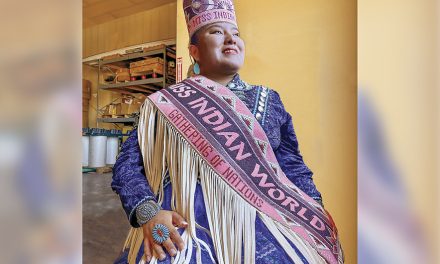
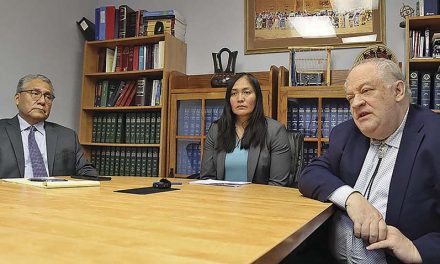

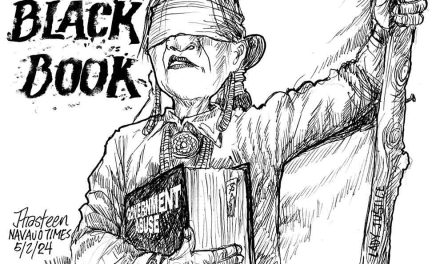



 Highway 264,
Highway 264, I-40, WB @ Winslow
I-40, WB @ Winslow